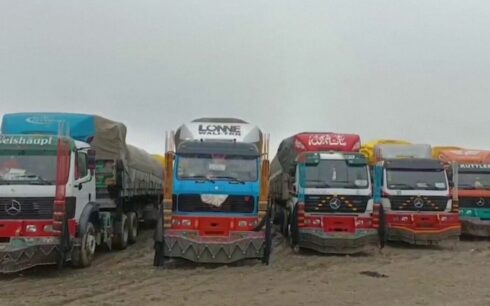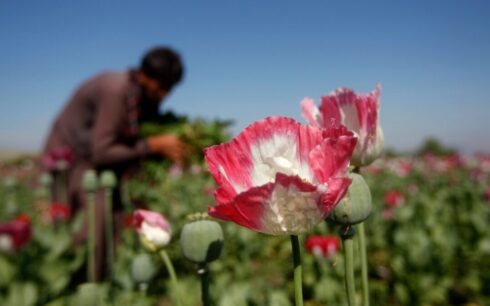Ahmad Masoud, leader of the resistance front, squarely places responsibility for Afghanistan’s current state of turmoil and instability on the United States and the previous government.
Addressing the Aspen Security Forum, Masoud emphasized that the US’s strategy in combating terrorism in Afghanistan was deeply flawed.
He pointedly remarked, “Both the Afghan government and the Americans are to blame for our current situation. The mistake was not only in the negotiations, but the entire process, from talks with the Taliban to the subsequent withdrawal, proved disastrous.”
In the midst of this complex situation, Iranian Foreign Minister Hossein Amir Abdollahian expressed concerns about the rise of terrorism under the Taliban’s rule, acknowledging the challenge posed by Daesh’s presence in Afghanistan.
He warned that neglecting the stability and security of Afghanistan could lead to an influx of Afghan immigrants into Iran, posing a problem for the country.
The impact of recent developments has also affected individuals like Rabbani Khan Yaqoubi, an accomplished athlete who was compelled to leave Afghanistan. Currently, he works in a furniture shop in Iran, highlighting the plight of many Afghan immigrants seeking better prospects elsewhere.
In response to the situation, Iran aims to manage the influx of migrants while striving to improve the conditions in Afghanistan. The hope remains that the Taliban will establish an inclusive government promptly, one that does not solely represent the interests of the Taliban or the Pashtuns.
The Taliban has repeatedly asserted its commitment to preventing the use of Afghanistan’s territory for aggression against other countries, underscoring that Daesh has been quelled within Afghanistan.
The situation in Afghanistan continues to be fraught with challenges as regional and international stakeholders grapple with finding a path towards stability and lasting peace.





